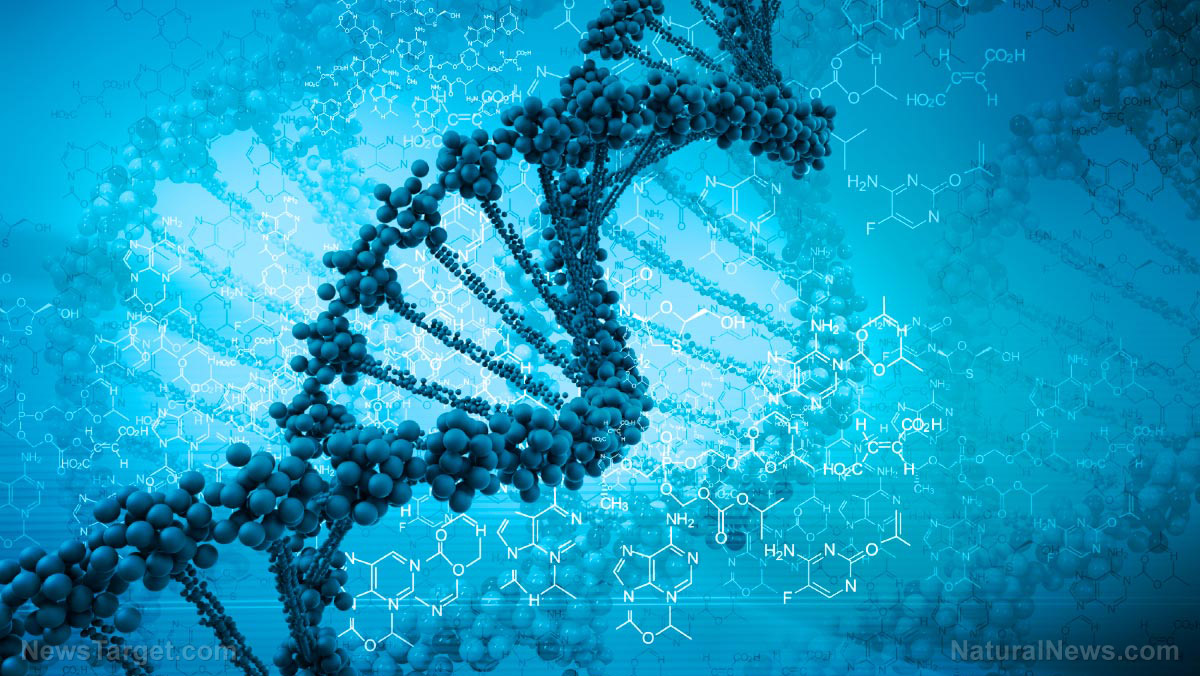CYBER BIOLOGY: Scientists use biological DNA to hack a computer system in world’s first biology-to-silicon hacking demonstration
08/27/2017 / By Robert Jonathan

In something along the lines of an early warning, researchers at the Seattle-based University of Washington claim that they can hack into a computer with a small strand of DNA.
The experts presented their findings about a potential DNA malware infection experiment at last week’s 26th USENIX Security Symposium in Vancouver.
The Daily Mail summarized the results of this malware vulnerability demonstration.
Scientists have synthesized a strand of DNA that can be used to hack computers in a world first. The malware was encoded into a gene and used to take over a computer that analyses DNA code. Scientists warn that cyber criminals could one day use faked spit or blood samples to steal information from police forensics labs, hack into university computers, or infect genome files shared by researchers.
In a paper published for the symposium, the authors underscore that significant expansion in DNA sequencing technology could have security implications:
To our knowledge, ours is the first effort to broadly consider this [DNA processing] pipeline, and the first to demonstrate a DNA-based exploit.
Some crime labs across the country have already been compromised for conventional reasons such as employee misconduct or incompetence, but the study authors caution that their DNA computer malware experiment is difficult to replicate, and that DNA sequencing is not under threat by hackers in the present day.
“Even if someone wanted to do this maliciously, it might not work — but we found it is possible,” co-author Lee Organick noted. Organick discusses the project in more detail in the video embedded below.
Lead author Tadayoshi Kohno explained that while the current threat is small, given the technology advancements that will emerge in the next decade or two, it is useful for his team and the scientific community in general “to stay one step ahead of the bad guys,” The Atlantic reported.
In their paper, the scientists suggest that DNA research facilities, genomic testing labs, and other such institutions should proactively upgrade their software security measures to protect against malicious code hacks of this kind that could alter or steal sensitive genetic data. (Related: Read more about DNA developments at Science.NaturalNews.com.)
Separately, Natural News made known a new study suggesting that scientists have no idea about the utility of about 75 percent of the human genetic code beyond the 10 to 25 percent that is considered functional based on current knowledge. Last year, Natural News also reported that the unintended consequences of genetic editing technology could pose a national security threat, according to the U.S. government. (Related: Read more about human genome sequencing at Biotech.news.)
Sources include:
Tagged Under: biology, cyber war, discoveries, DNA, DNA hacking, DNA malware, DNA sequencing, genome, weird science




















